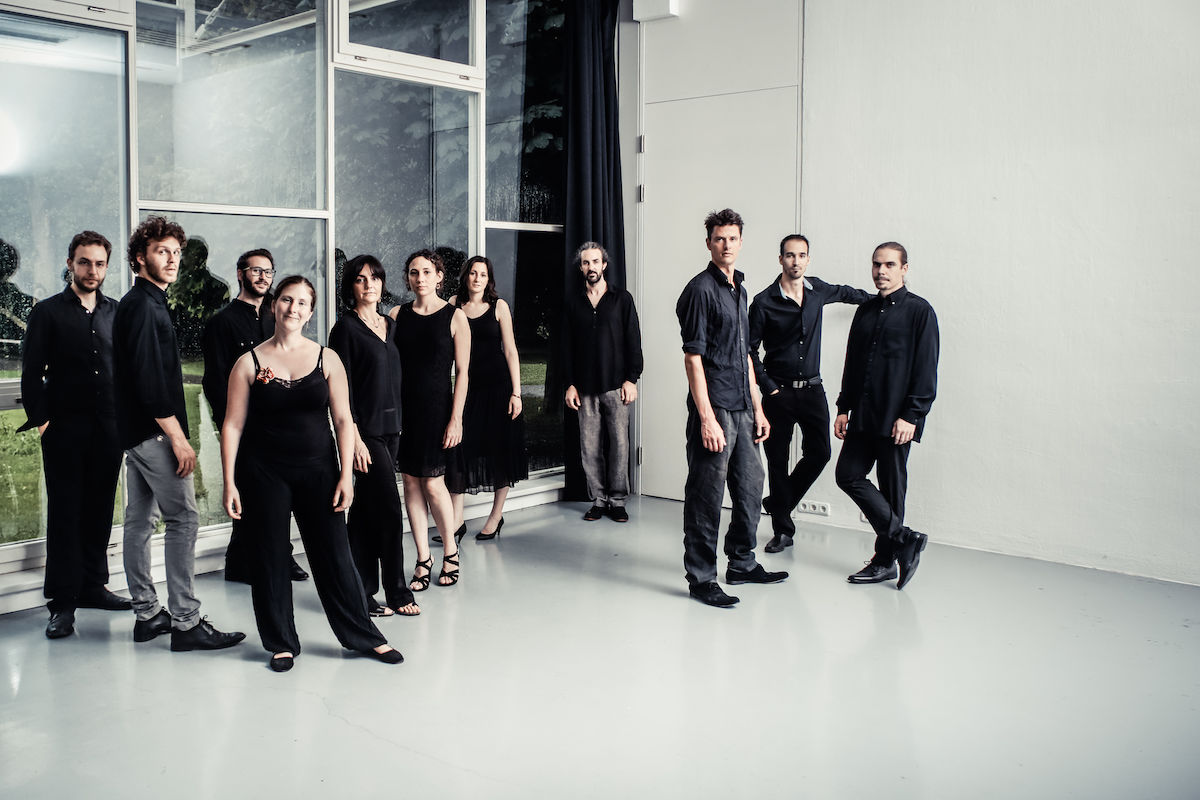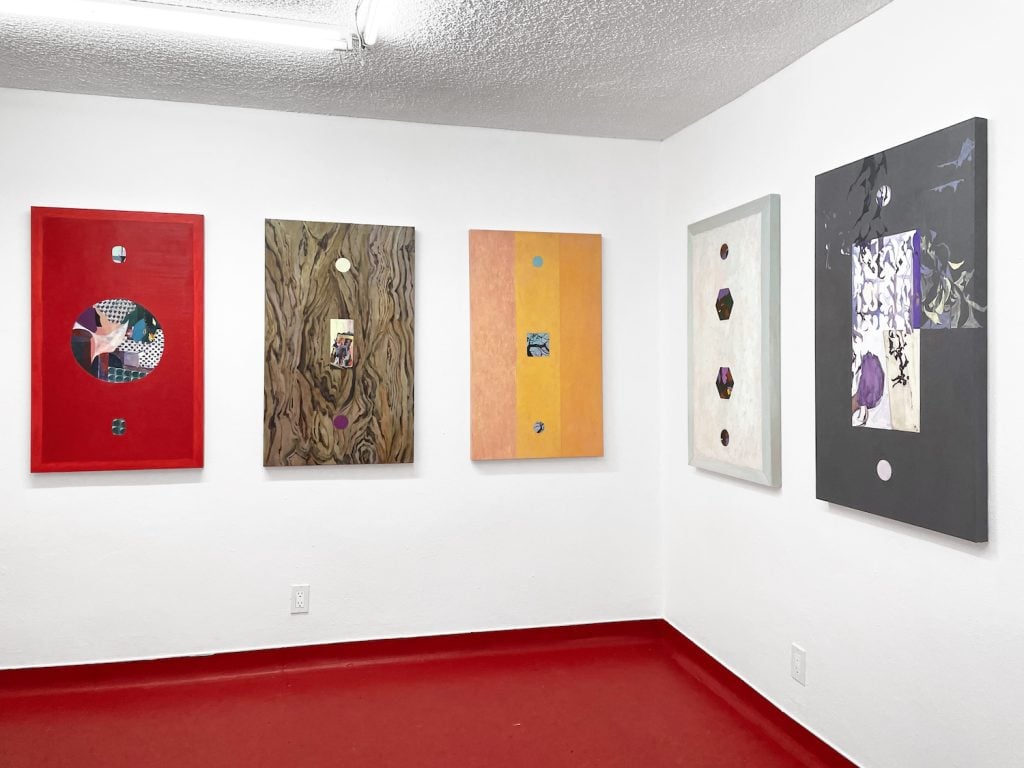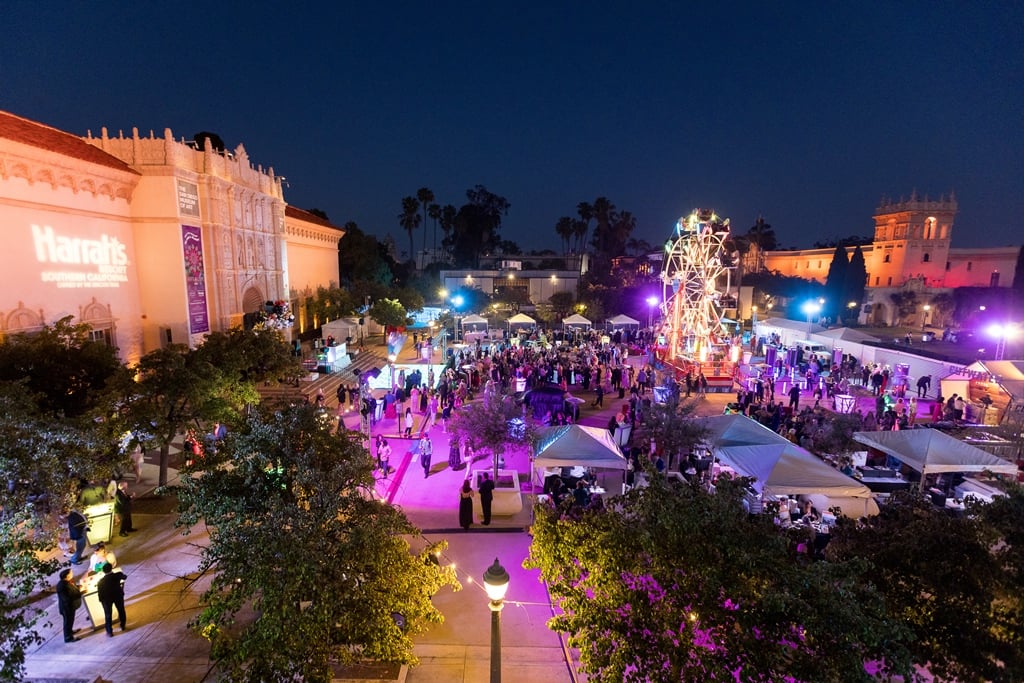There’s a scene in High Fidelity where John Cusack’s character, Rob Gordon, begins a soliloquy about the awfulness of his ex-girlfriend Laura’s new boyfriend Ian, played by Tim Robbins. He trashes his clothing, the cooking smells coming from his apartment, essentially every surface-level problem one might find with their ex’s rebound guy. But he also takes it a step too far when he begins critiquing Ian’s taste in music: “Latin, Bulgarian, whatever fucking ‘world music’ was popular that week.” Now, let’s be clear: Rob Gordon is supposed to be a snob, and anyone by this point who thinks that the character is anything more than a deeply flawed, insecure and petty protagonist probably wasn’t paying attention. But his speech only brings up what’s ultimately long been a problem with “world music,” as we know it. It’s essentially a marketing gimmick, a shorthand for anything that isn’t Western pop music. It perhaps once gave a larger platform to artists outside the U.S. and UK, and by extension helped to introduce audiences in those countries to a broader array of sounds and help boost the careers of musicians who perhaps wouldn’t have made it to the headphones of listeners in the biggest music markets in the world. The problem is that lumping in music from every country under one umbrella inevitably led to an Otherization and stereotyping of non-Western music. Which is, of course, how a caricature emerged of pseudocosmopolitan yuppies like Robbins’ Ian, whose consumption of “world music” was just an extension of their privilege. But it’s unfair, and it’s wrong. And whatever backlash against world music itself existed in the ‘80s and ‘90s—no doubt aided by the fact that inexpensive international compilations were sold at Starbucks counters—has since been gradually corrected as a result of the Internet making music from every country easier to find with just a simple search. But there shouldn’t have been a backlash in the first case, save for the idea that “world music” means anything other than “not American.” And there’s a literal world of differences between them. It creates an unnecessary barrier between the listener and the artist. None other than Talking Heads vocalist David Byrne, whose own label Luaka Bop releases music from artists all over the world, wrote a New York Times oped in 1999 outlining why the term is dangerous: “It groups everything and anything that isn’t ‘us’ into ‘them.’”Problematic though “world music,” might be as a phrase for lumping together music of different national origins, we can only benefit as listeners—and by extension citizens—by getting to know the music of other cultures and nations. For one, when there’s so much good music being made from cultures all over the world, to maintain such a narrow focus on what’s familiar or immediate is somewhat shortsighted. Who knows how many favorite artists there are out there that you’ve never listened to? Furthermore, diving deeper into different musical scenes and histories throughout the world gives a much-needed context for music we might already like; hearing an Afrobeat artist like Fela Kuti gave me a different perspective on albums like Talking Heads’ Remain in Light, while Brazilian artists such as Os Mutantes and Antonio Carlos Jobim gave me a better appreciation for the rhythmic and textural ideas on albums by Stereolab. On the other hand, all music is some kind of “fusion” to an extent; Afrobeat, as I mentioned before, is Nigerian in origin, but it’s just as influenced by American jazz and funk, as is Ethio-jazz, a style of music pioneered by Mulatu Astatke, an Ethiopian musician. Experiencing another culture’s art is always a great start for better understanding that culture, and by extension, as Byrne put it, “if you love a piece of music, how can you help but love, or at least respect, the producers of it?” We’re lucky in San Diego to be able to experience a wide range of different cultural music without traveling far, and this week I’ve highlighted three concerts featuring artists from different continents, all of which are worth seeking out (and a couple of which are free!). Just don’t call any of it “world music.”
Changing Tides II: A Telematic Translocational Concert
The musicians involved in Changing Tides II, a conceptual performance informed by the ever-intensifying global climate crisis, include both American and South Korean artists. But here’s the catch: The performances take place, collaboratively, in both places at once. Thanks to some innovative technological advancements, this “telematic” performance takes the idea of “phoning it in” to high art levels, connecting musicians on opposite sides of the globe in a collaboration the likes of which few audiences have likely ever experienced. It’s an ambitious idea, but one that makes the planet feel a little less huge, the distance between cultures a little shorter. It’s also free, so the barrier for entry is that much easier to bypass. (February 13, Conrad Prebys Music Center Experimental Theater)
The Musical Legacy of an African Empire: Kora Music from Senegal
Google the name Amadou Fall and the first thing that comes up is the president of the Basketball Africa League—that’s not the featured performer at this show. The Amadou Fall who’s taking center stage in this case is a young Senegalese musician and California resident whose specialty is the kora, a 21-stringed instrument made of wood, fishing line and gourd. Its sound is mellifluous and hypnotic, somewhere in the intersection of folk, classical and ambient sounds, and those who’ve never heard it before will likely be won over quite easily. (February 15, La Jolla Community Center)
Schallfeld Ensemble
Technically speaking, Schallfeld Ensemble hail from Graz, Austria, though the ensemble comprises a group of musicians who hail from eight different countries. And as such, their music doesn’t reflect any one national perspective, but rather a unifying idea that music itself is an international language. That being said, their musical dialect is one that leans toward the intense and experimental, their take on “modern classical” (another term I’ve never much cared for) more dissonant and dark. However, one need only see one of their performance videos to understand how captivating their approach can be. (February 15, Conrad Prebys Concert Hall)

Schallfeld Ensemble















